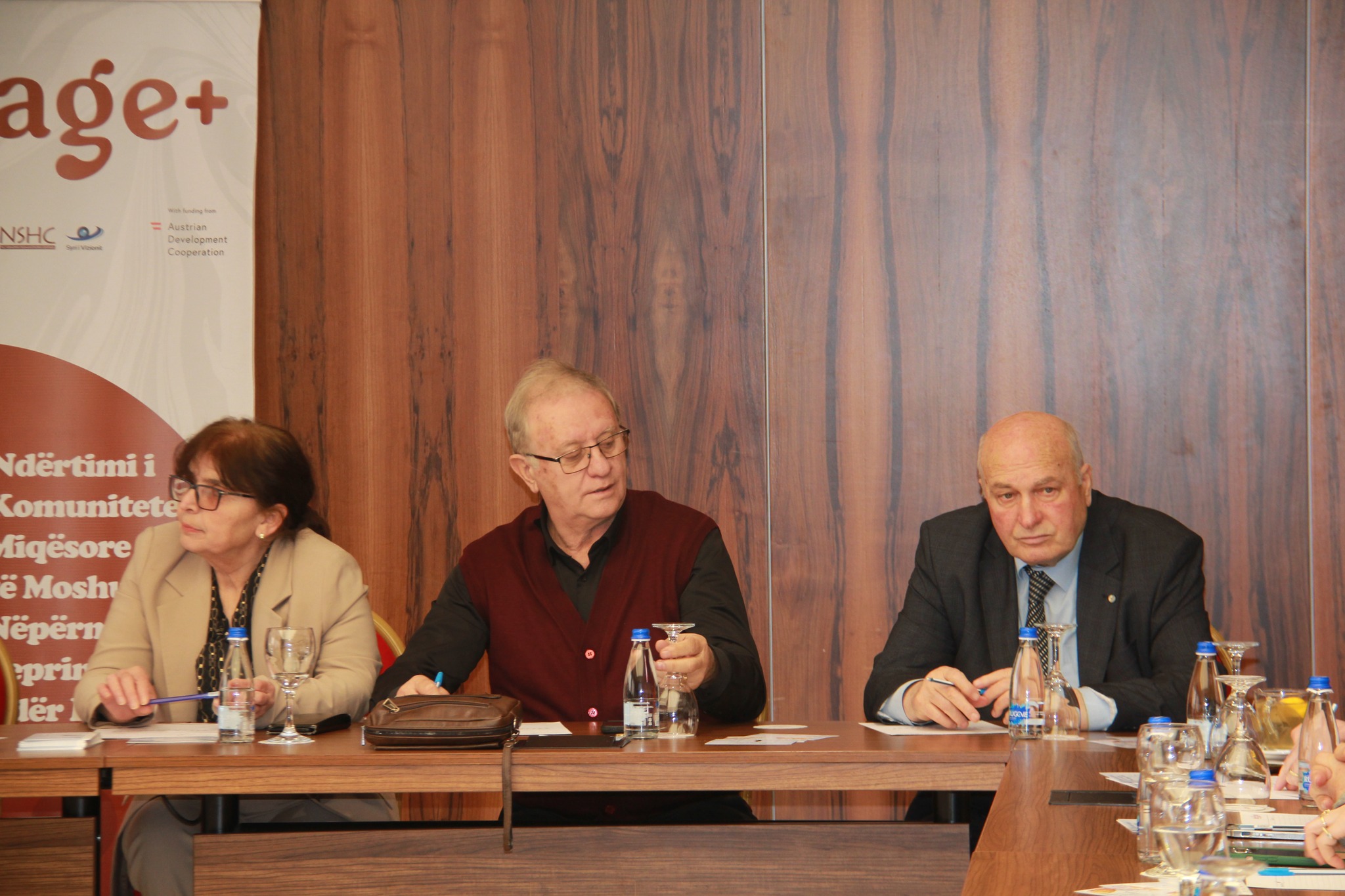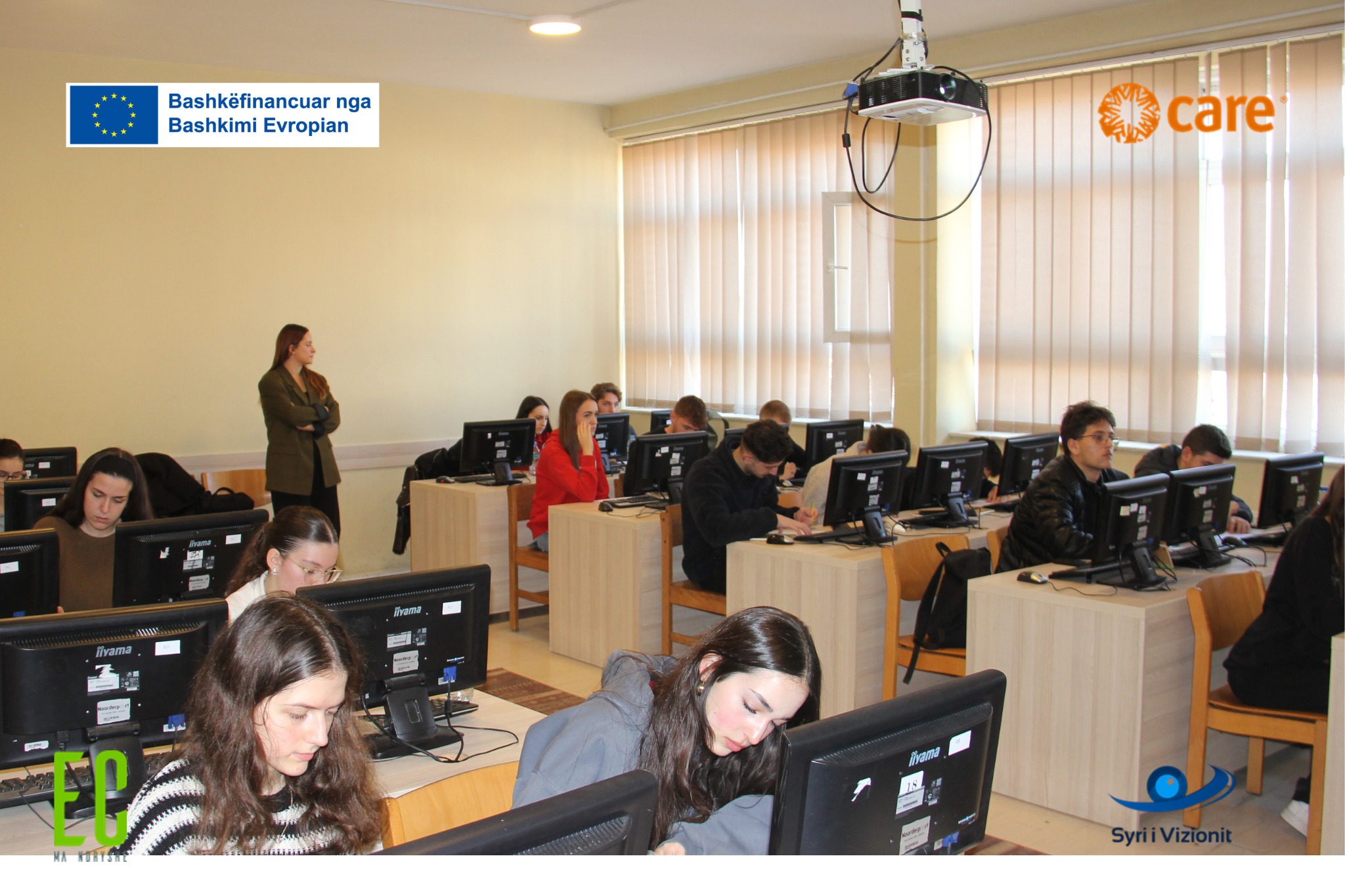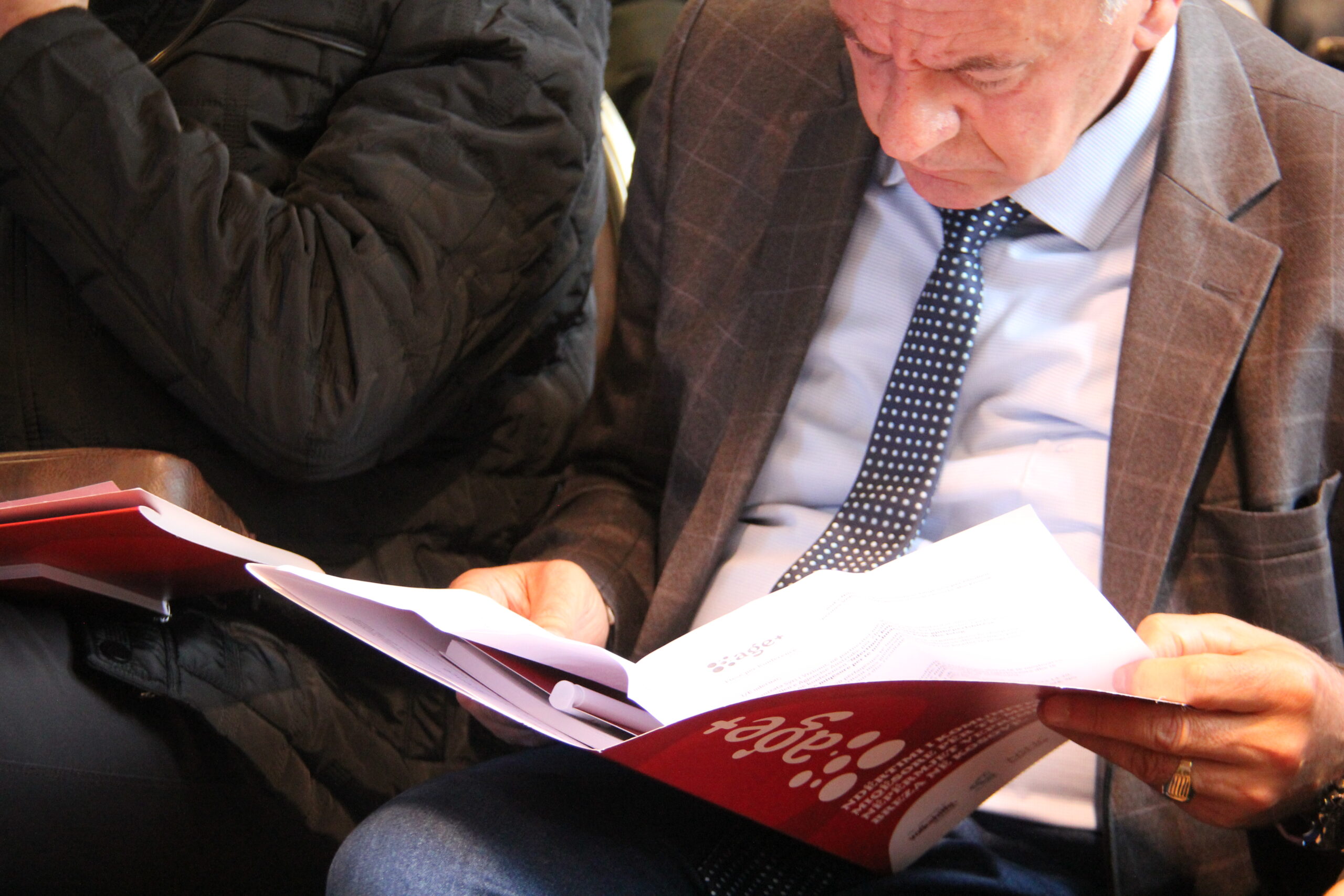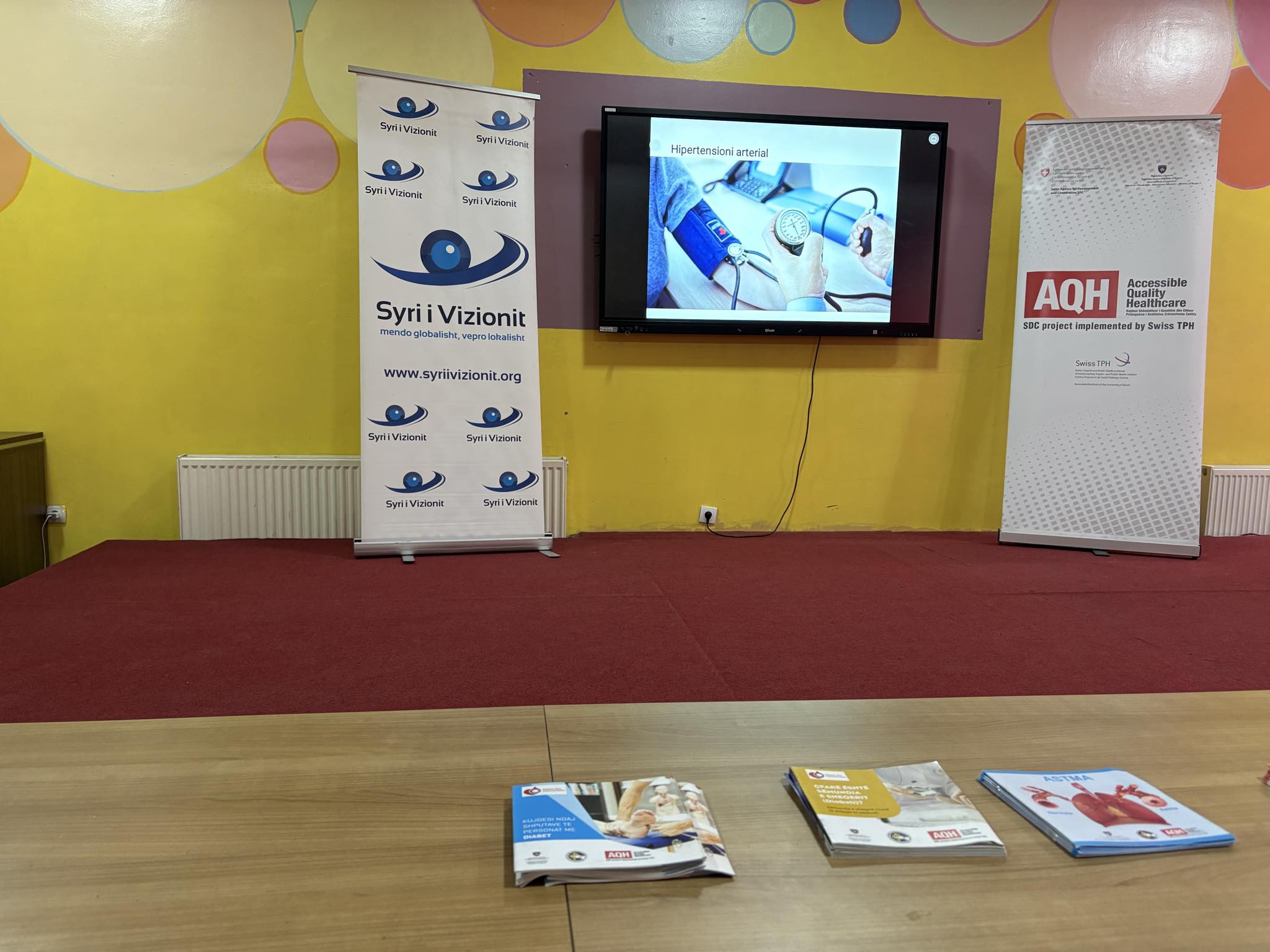Pejë, December 26, 2019 – The Eye of Vision organization, as an independent and non-governmental institution, carried out a survey with the citizens of the municipality of Pejë regarding the satisfaction and reliability they have in the Kosovo Police (KP) in their municipality.
In this regard, the report on “Citizens’ satisfaction and trust in the Kosovo Police” was published today. The report in question highlights the citizens’ views on the cooperation, reliability, work and engagement of the police, the concerns they have, the phenomena the police face, have faced themselves or their community in neighborhoods and villages, as well as the knowledge they have about the police. of the neighborhood.
Citizens evaluate the behavior of the police in relation to them as very good. More than 70% of the interviewees affirmed this, while 30% of them described the behavior of the police as somewhat good.
Citizens of the municipality of Peja estimate that the Police is one of the most reliable institutions, thus leaving behind the court and the prosecutor’s office and other institutions of justice and security. This was stated by 76% of the citizens included in the research.
In addition, they have estimated that compared to last year, their concerns and criminal acts have decreased by 20%, until 62% of citizens think that their concern about security in the community/neighborhood remains the same as last year. . However, according to them, this year the commitment of the police has been significantly better in preventing and combating various incidents, marking an increase of 21% more than last year, while 46% say that this has been done to some extent. which suggests that the police have been much more active in this direction.
What worries the citizens of the municipality of Peja is the danger from stray dogs. This has been assessed as the greatest risk for them, followed by the fast movement of vehicles, thefts, while physical attacks and the use of narcotic substances have been highlighted in a very small number.
There has been an increase in the credibility of citizens in their willingness to cooperate with the police. 31% of the respondents declared this reliability, while 45% say that they feel somewhat safe. The vast majority of citizens have assessed that the police treat all cases equally without ethnic and gender differences. This has been affirmed by over 50% of citizens, but a small percentage has also said that there is an anime in terms of handling cases, both in terms of ethnicity and gender.
Recommendations:
– To simplify the procedures for reporting cases and to ensure the preservation of confidentiality, since some of the citizens have shown that after making reports to the police they had problems with the reported “party”, because their confidentiality was not preserved and this risks reducing trust in the police;
– The police must respond in time to the field when requested by the citizens for the reported cases, since the delays in the response have weakened the trust in the police on the part of the citizens and this tends to affect the reduction of the cooperation of the citizens with the police;
– Implement an information campaign related to the promotion of the police number and the neighborhood police, since a large number of citizens do not know the number and also have very little information about the role and importance of the “neighborhood police”. Furthermore, they don’t even know who their neighborhood police is.
– There should be more frequent police patrols in all localities, specifically in the neighborhood “7 Shtatori” and in the villages of Lugutta Tërsteniku. In fact, a moving patrol should be constantly in this area, since the citizens are endangered by the fast movement of cars, especially in the part of the villages of Nabërgjan, Ruhot and Tërstenik;
– There must be feedback information for the “parties” who have reported the cases, regarding the status of the cases, it is necessary to return information that is permissible and that does not harm the investigations or the case, because this will increase and strengthen even more the trust of the citizens and the cooperation with the police;
– The police must create monitoring mechanisms to see if the cases are handled according to legal procedures and standards, eliminating the prioritization of cases based on family influences and recognitions, political ones, ethnicity or socio-economic status;
– Flyers with the personal numbers of neighborhood policemen should be printed and distributed, because this will make citizens feel more comfortable and more confident in reporting cases than reporting under the official number. This will greatly increase citizens’ readiness and cooperation with the police to help prevent various incidents in their locality;
– The police should increase more information to fellow citizens regarding their work and engagement in the prevention, response and treatment of various cases that occur in the municipality of Peja. Among the ways of information can be the organization of open days with citizens, or public meetings at least twice a year from a public hearing, if e-communication procedures allow;
– The police should develop an information campaign regarding the right of citizens to file a complaint against the behavior of police officers who are “suspected” of having violated their professional ethics during the response or treatment of the case, or during the response to the citizens’ call.
Additional information:
The research on the satisfaction and reliability of the citizens in the Kosovo Police was carried out in the Municipality of Peja during the month of December 2019. Special attention was paid to the methodology of sample selection in order to ensure equal representation of neighborhoods, genders and communities.
1,223 interviews were conducted with citizens, 56% of them in the city and 44% in the villages, of which 53% are men and 47% are women. Of these interviewees, 39% are aged 26-40, 29% are aged 41-60, while 24% are aged 18-24. Of the respondents, 73% are from the Albanian community, 13% are Bosnian, 8% are from the Roma, Egyptian and Ashkali community and 5% are from the Serbian community.
________________








